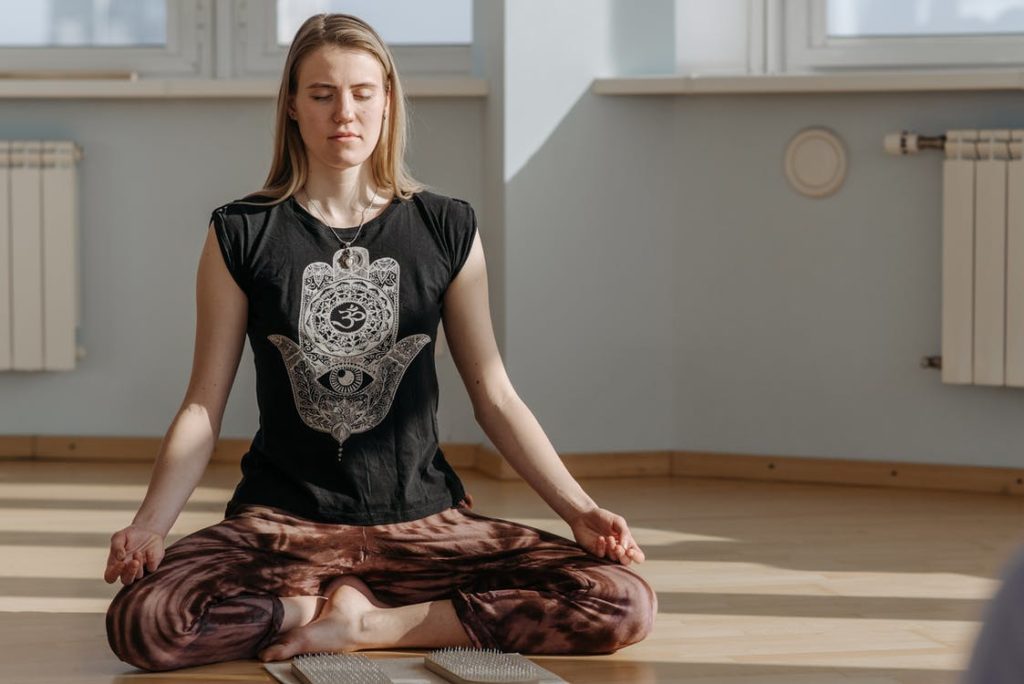Substance addiction is among the most significant problems that society faces today and continues to grow. Essentially, addiction alters your behavior and brain function. Despite its negative impact on one’s life, people continue to take drugs.
But while substance use disorders are challenging to go through, many therapies for addiction are available to help you regain sobriety.
In most cases of treatment and recovery, people go through Cognitive Behavioral Therapy or CBT, the most common treatment for various mental health disorders. Often, medications are used in conjunction with CBT to heighten the effectiveness.
But sometimes, traditional treatments just don’t cut it. Most of the time, what works for one doesn’t work for the other. Alternative therapies for addiction offer a different approach to recovery. Holistic treatments touch on your physical, mental, emotional, and spiritual aspects. When these areas’ needs are met, it can speed up and improve your recovery process.
5 Alternative Therapies For Addiction
- Biofeedback Therapy
Typical therapies for addiction involve medication to manage and minimize withdrawal symptoms, which are uncomfortable and sometimes dangerous. Also, using prescriptions poses the risk of you developing another drug addiction.
On the other hand, biofeedback therapy is a non-drug treatment that helps you control certain voluntary functions, like muscle tension, blood pressure, and heart rate.
During these sessions, you will be hooked onto a machine with electrical sensors that the therapist puts on your skin. These sensors measure your body’s reaction to a series of physical and mental exercises.
Feedback from the sensors then helps you make adjustments to achieve a particular outcome. For example, one withdrawal symptom is muscle tension. Biofeedback therapy can help you relax your muscles to lessen the pain.
In other words, this type of therapy allows you to practice new and different ways to control your body that can improve your health.
- Yoga
Addiction may sometimes feel like you’re disconnected from your body, making recovery even harder.
Mindfulness activities such as yoga and medication can increase awareness and align your body and mind to better understand how your addiction affects your life.
Yoga, specifically, targets the mind while also involving the body. Guided stretches and poses strengthen your physical body while incorporating careful and deliberate breathing patterns and relaxation.
One study finds that yoga is a promising method of addiction treatment. Although an alternative treatment method, yoga may be considered an evidence-based therapy for addiction. Moreover, the American Holistic Health Association says that it can reduce cravings and lessen agitation and insomnia, which are often present when one goes through detox.
Additionally, when body and mind are aligned comfortably, you can focus on peaceful and positive thoughts, and you’re better equipped to deal with stress, triggers, and temptation.
- Nutritional Therapy
In many ways, substance abuse taints your body. It can affect your metabolism, which often leads to nutritional imbalances. Plus, withdrawal symptoms often include stomach problems that affect your nutrition, such as nausea, vomiting, and diarrhea.
To get clean off of drugs, one must have a clean body. That’s where nutritional therapy comes in. With a cleaner diet and healthier eating habits, you can get the proper nutrition you need to overcome addiction.
- Acupuncture
In ancient China, acupuncture was used to treat many diseases and pains, commonly chronic pain. But ongoing studies delve into its effectiveness in addiction treatment and recovery.
This alternative medical practice involves placing tiny, thin needles on specific spots on your body to induce healing. It’s believed to stimulate the central nervous system, releasing chemicals into your brain, muscles, and spinal cord. These biochemical changes stimulate your body’s ability to heal and naturally promote emotional and physical well-being.
An article from the Yale School of Medicine talks about the use of ear acupuncture for people in recovery. The acupuncturist focused on five points meant to help those with addiction relax.
- Shen Men or “spirit gate” – reduce nervousness and feelings of anxiety.
- Autonomic point – slows down the nervous system and promotes relaxation.
- Liver point – helps with detoxification, purifies blood, and reduces anger.
- Kidney point – heals internal organs and calms fears.
- Lung point – reduces grief.
- Art Therapy
Art therapy is a form of experiential therapy that involves an infinite number of media, like crayons, pens, paints, clays, and yarns.
At first glance, you may think that the primary purpose of art therapy is to relax you, as the process of creating art can be relaxing and therapeutic. But the art you make may have a more significant role in your recovery.
Sometimes, your subconscious speaks through art. And with the project you made, your therapist may use it to uncover emotional and psychological wounds. Then, you can better deal with those and heal.
Exploring Therapies For Addiction
Treating substance addiction is not a singular journey that’s the same for everyone. Although many have shown great promise and are highly effective for some, specific methods and techniques may not have the same effect on you.
Fortunately, many addiction therapies are available now, and even more, are being discovered and improved. So, if you find it hard to maintain or even begin sobriety, maybe it’s because you haven’t found the right treatment yet.
The right treatment for you is out there. Choose Roots Through Recovery. You can schedule an appointment and visit us at 3939 Atlantic Ave Suite 102, Long Beach, CA 90807, United States. You may also contact us at 562-352-2035, email us through info@roots-recovery.com, or go to our website.





1 thought on “5 Alternative Therapies For Addiction”
Very informative post. I really appreciate the effort you made to share the knowledge.